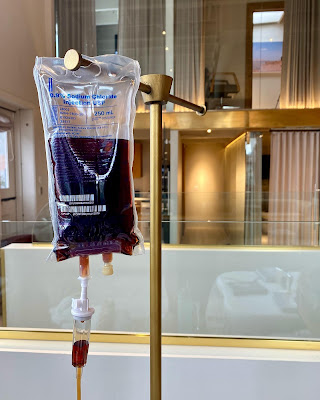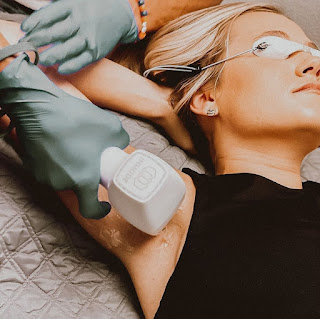Myths Related to Testosterone Therapy
There is a great deal of disinformation on the internet, and Testosterone Replacement Therapy (TRT) is no exception.
You could be relieved if you've been told you have low testosterone. You now have a better understanding of what's driving your poor sex drive, frequent exhaustion, and negative mood. Unless an underlying ailment is causing a drop in testosterone, testosterone replacement therapy is the next step in treating the problem.
Low testosterone levels can occur as a result of ageing or a medical condition, and this increasingly popular treatment is used to treat them. Weight gain, fatigue, low sex drive, depression, and erectile dysfunction are just a few of the symptoms associated with low testosterone levels. As a result, it's critical to take care of it.
There is no proof that testosterone replacement therapy causes prostate cancer. However, you should discuss the potential adverse effects of TRT with your doctor, which include acne, male pattern baldness, breast enlargement, enlarged prostate, difficulties urinating, and decreased sperm production.
Testosterone Replacement Therapy is frequently misunderstood as being akin to performance-enhancing medications or steroids, with users attempting to ‘bulk up.’ This is not the case.
This is a medical procedure that many people need to get rid of symptoms that are holding them back. Many people want to know if it will show up on drug tests, if it is legal, and if it is safe.
Prior to starting treatment, your doctor should check your PSA and red blood cell levels. This is significant since testosterone replacement therapy has the potential to create an undesirable increase in red blood cells.


.jpg)
Comments
Post a Comment